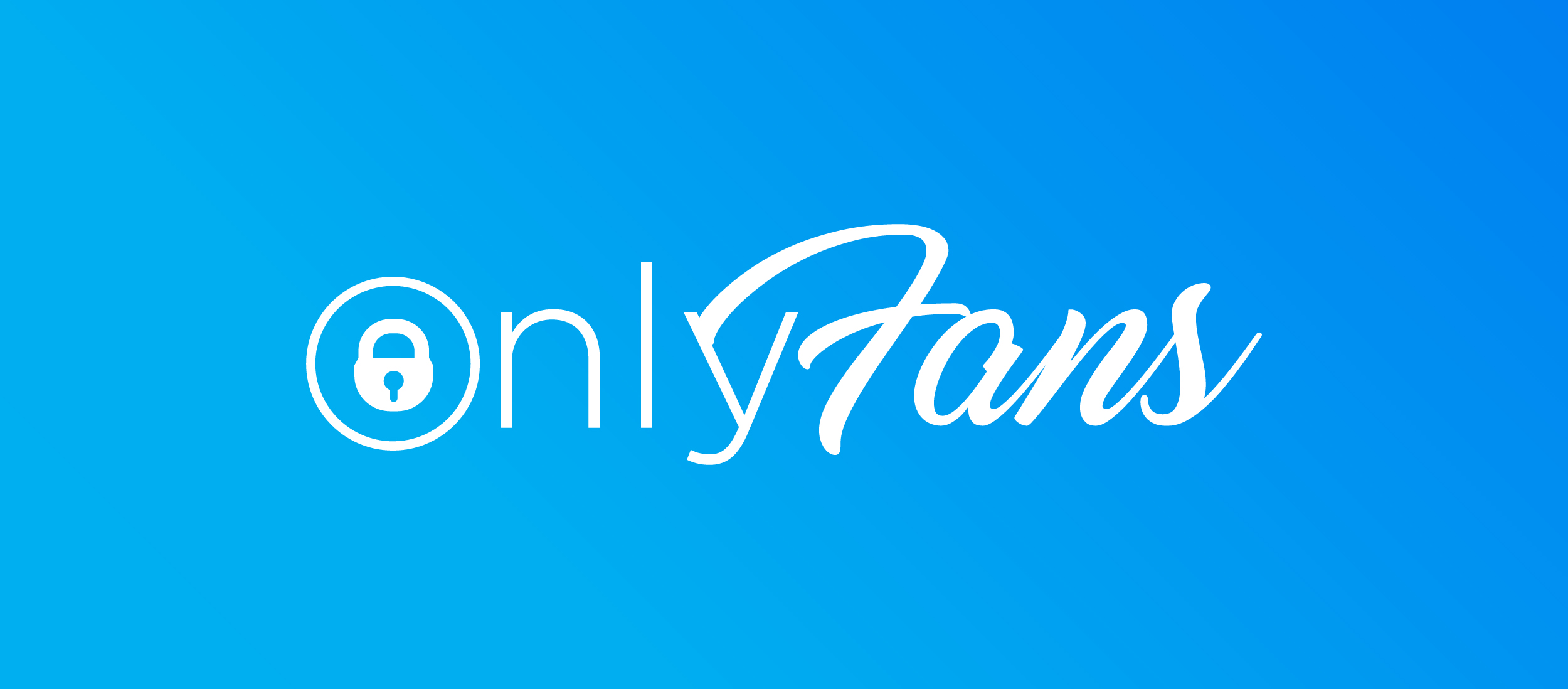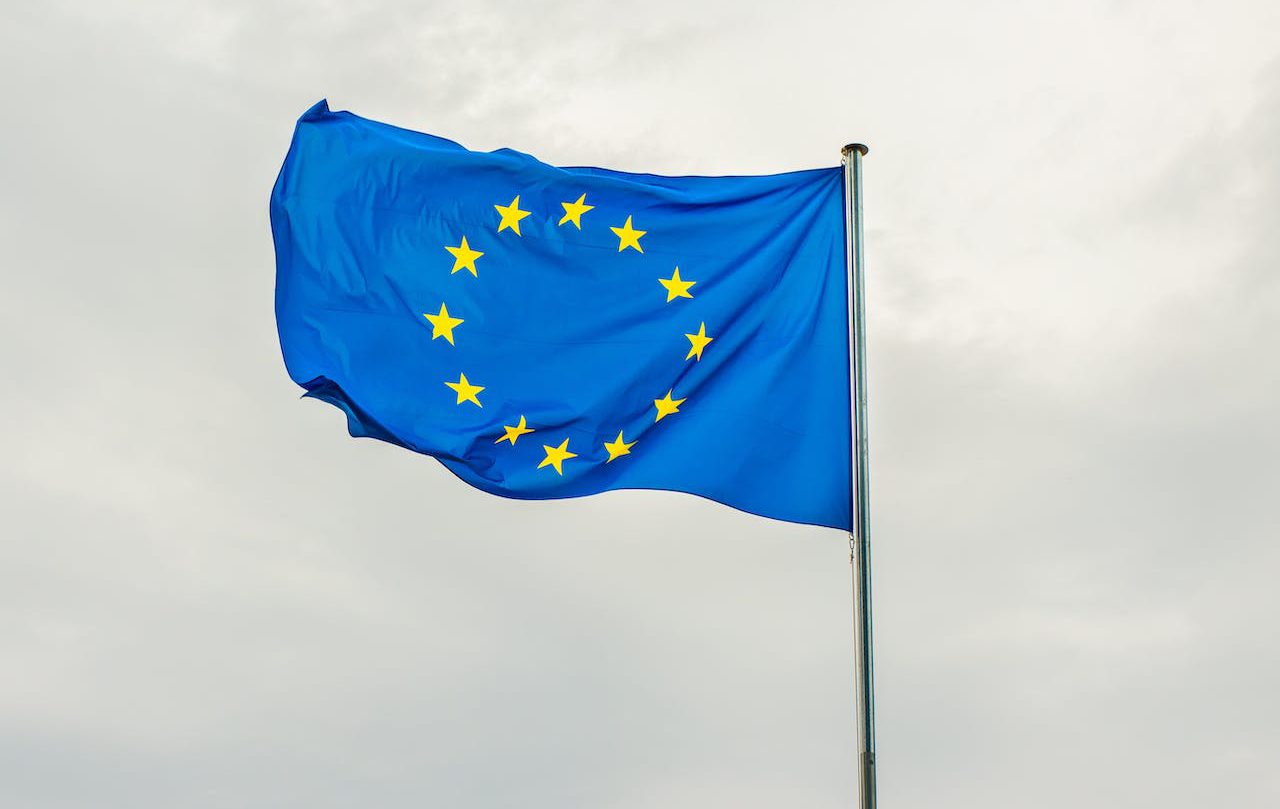OnlyFans, the popular online platform where content creators can request payments for exclusive content, announced last week that it would be prohibiting the posting of any sexually explicit content, in order “to comply with the requests of our banking partners and payout providers”.
The pointed statement, issued on 19th August, seems to be a reference to new rules being implemented by the payments giant Mastercard, which as from 15th October will require the banks connecting sellers of adult content to its network to certify that merchants have “effective controls in place to monitor, block, and, where necessary, take down all illegal content”.
Additionally, according to the Mastercard statement, issued last April, sellers of sexually explicit content must document the age and verify the identity of all people depicted, as well as the uploaders, and set up a process to review content prior to publications.
While the news has devastated some content creators, others, including local ones, remain skeptical that the site would actually ban its claim to fame.
A Twitter thread by Post-Culture Review (@PostCultRev) noted that the new rules represent a bureaucratic and logistical nightmare for the platform, with content reviews particularly difficult to manage. These also extend to real-time review of livestreamed content.
OnlyFans isn’t ditching porn and sex workers because it’s trying to get new investments. It’s ditching them because on October 1st of 2021 MasterCard is implementing new rules governing sites with adult content that use their payment processing systems.
— Post-Culture Review (@PostCultRev) August 20, 2021
The “expensive and time-consuming” nature of these requirements mean that smaller sites and indie creators (or a large site full of indie creators, in OnlyFans’ case), face disproportionate pressure to comply or face exile from the networks of the major credit card processors.
In response, the website has decided to impose a blanket ban on “content with sexually explicit conduct”, while continuing to allow nudity.
Mastercard is ostensibly trying to crack down on illicit adult content depicting underage children, or non-consensual content, although a study by the US-based National Center for Missing and Exploited Children notes that Facebook remains the top platform for child sexual abuse material.
Instead, evidence for the reasoning behind Mastercard’s decision points to articles published and actions taken by the National Center on Sexual Exploitation (NCOSE), which is the successor organisation to the anti-porn Morality in the Media group, as well as by Exodus Cry, an organisation with links to Evangelical groups and ex-US president Donald Trump.
Post-Culture Review concludes that, “The end result of the change is it will be harder to sell sexually explicit content online unless you are part of a major player that can afford the costs to meet the new requirements. Indie sex workers will be driven out and larger companies will be more powerful.”
“So little to zero assistance for any actual victim of a sex crime and enormous overbearing punishment directed at the creators of legal, consensual work.”
Malta’s economy grows by 3.1% in first half of 2025, outperforming euro area despite slowdown
Meanwhile the euro area economy expanded by 1.3 per cent year-on-year
Europe must reinvent its growth model, Lagarde tells industry leaders
According to her, the region has become too dependent on other countries for its security needs and essential raw materials
New dwelling approvals surge by 110.3% in Q3 2025
When compared to the same quarter of 2024, the number of approved new dwellings increased by 110.3%






